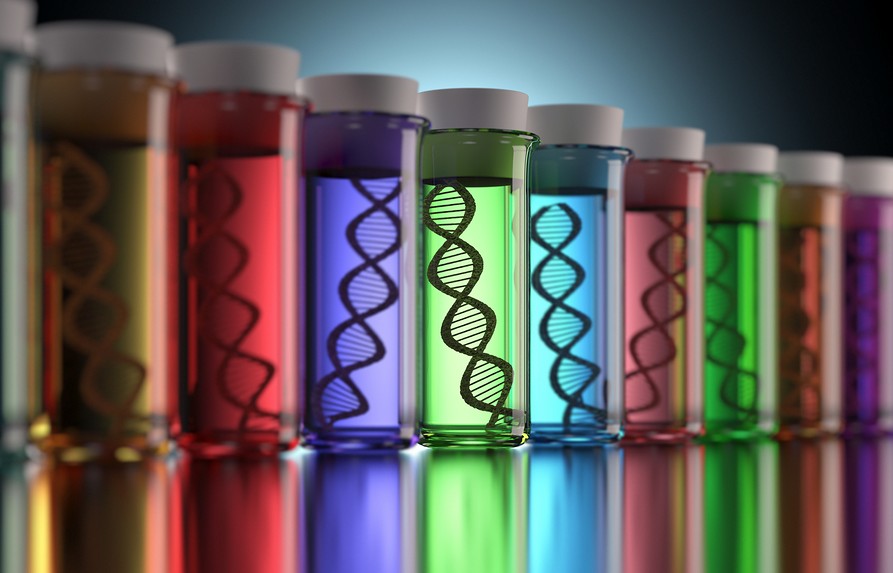For Some African-Americans, Genetic Testing Reopens Past Wounds
By Amy Dockser Marcus,
The Wall Street Journal
| 07. 14. 2018
Late last year, Justina Crawford decided to swab the inside of her mouth for a saliva sample to do a DNA test.
Ms. Crawford, a 30-year-old working in Boston who is African-American, had never done a DNA test before because she worried about who would have access to her genetic information. But her growing curiosity about her family history led her to set her reservations aside. “I want to know my roots,” she said, and purchased a kit from African Ancestry Inc., a DNA testing company.
Scientists and private genetic testing companies are making a push to enroll more African-Americans in genetic research and databases. As the popularity and wider availability of genetic testing grows, so have calls from the scientific community about the need for genetic diversity in future research. In the past, genomic research was predominantly skewed to people of European ancestry. As a result, African-Americans—as well as people of different demographic backgrounds—weren’t well represented in some important health research.
But before they sign up, many African-Americans have to overcome concern about potential misuse of DNA results and...
Related Articles
By Arthur Lazarus, MedPage Today | 01.23.2026
A growing body of contemporary research and reporting exposes how old ideas can find new life when repurposed within modern systems of medicine, technology, and public policy. Over the last decade, several trends have converged:
- The rise of polygenic scoring...
By Stephanie Pappas, LiveScience | 01.15.2026
Genetic variants believed to cause blindness in nearly everyone who carries them actually lead to vision loss less than 30% of the time, new research finds.
The study challenges the concept of Mendelian diseases, or diseases and disorders attributed to...
By David Cox, Wired | 01.05.2026
As he addressed an audience of virologists from China, Australia, and Singapore at October’s Pandemic Research Alliance Symposium, Wei Zhao introduced an eye-catching idea.
The gene-editing technology Crispr is best known for delivering groundbreaking new therapies for rare diseases, tweaking...
By Josie Ensor, The Times | 12.09.2025
A fertility start-up that promises to screen embryos to give would-be parents their “best baby” has come under fire for a “misuse of science”.
Nucleus Genomics describes its mission as “IVF for genetic optimisation”, offering advanced embryo testing that allows...




